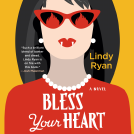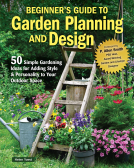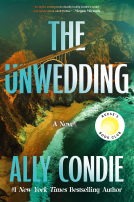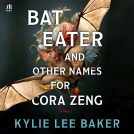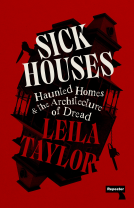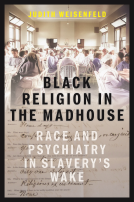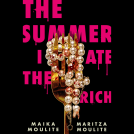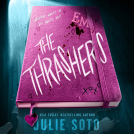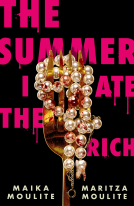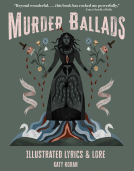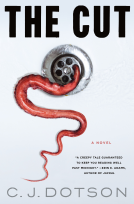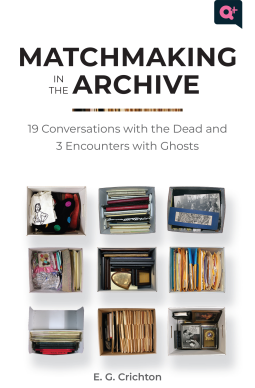
Matchmaking in the Archive
19 Conversations with the Dead and 3 Encounters with Ghosts
by E.G. Crichton
This title was previously available on NetGalley and is now archived.
Send NetGalley books directly to your Kindle or Kindle app
1
To read on a Kindle or Kindle app, please add kindle@netgalley.com as an approved email address to receive files in your Amazon account. Click here for step-by-step instructions.
2
Also find your Kindle email address within your Amazon account, and enter it here.
Pub Date Feb 10 2023 | Archive Date May 02 2023
Talking about this book? Use #MatchmakingintheArchive #NetGalley. More hashtag tips!
Description
Working with the archives of the Gay Lesbian Bisexual Transgender Historical Society, artist E.G. Crichton decided to do something to bridge this generation gap. She selected 19 innovative LGBTQ artists, writers, and musicians, then paired each of them with a deceased person whose personal artifacts are part of the archive.
Including 25 pages of vivid images, Matchmaking in the Archive documents this monumental creative project and adds essays by Jonathan D. Katz, Michelle Tea, and Chris Vargas, who describe their own unique encounters with the ghosts of LGBTQ history. Together, they make the archive come alive in remarkably intimate ways.
Advance Praise
"E.G. Crichton has created a testament to lineage and liberation for all of us who know that diving into the past is also simultaneous discovery into our own psyche. This is a touching study of how identity, art, and lineage tie into the physical artifacts of our lives. Riveting and a true pleasure to read."
--Susie Bright, Editor-at-Large and Executive Producer of The Bright List at Audible and Author of Mommy's Little Girl
"E.G. Crichton's Matchmaking has shown us wonderful new ways of bringing together archives, history, and art. In this account of her work, the living and the dead, objects and records, and people mingle promiscuously, bringing new worlds to light."
--Graham Willett, historian of queer Australia
Available Editions
| EDITION | Other Format |
| ISBN | 9781978823136 |
| PRICE | $27.95 (USD) |
| PAGES | 264 |
Available on NetGalley
Featured Reviews
I adored this book. It has all my favorite things, archives, queer history, and good writing.
I love the way the author paired his people together. I wish everyone was honored in this way after their passing. I do a lot of digging through local archives here in Utah but there is no queer representation, or people of color, or the disabled, only people who had kids who stayed with the dominant religion. It is tragi. I need to step up my game. That's how I feel after reading this.
Thank you for the ARC.
 Ashton W, Educator
Ashton W, Educator
This book, although imperfect, is incredibly important.
Through it, E.G. Crichton, an artist, reflects on her decade-old LINEAGE project. In the project, she matched living queer artists and scholars with the archive of a deceased queer ancestor and asked the living to create a tribute to the dead. Throughout this book, she details the works that were born of the project and shares the reflections of the living ~10 years after their original tributes.
Matchmaking in the Archive paints a beautiful portrait of queer ancestry and offers readers necessary opportunities to reflect on what it means to exist as a queer person in the world today. I really appreciated the way it was almost an archive-within-an-archive, as contributors were reflecting on the work they did in the past, demonstrating that queerness remains liminal and ever-changing.
As far as my critiques, the book uses some antiquated language to describe transgender identity which may be painful for trans readers. I would’ve also appreciated a more blatant acknowledgment of the limitations of the historical archive, especially the archives of queer Black women, as well as an acknowledgement of why these archives are so difficult to find (misogynoir and racism within the early queer community that remains today). The work of Sadiya Hartman feels like a critical accompaniment to this book, so I was surprised to see that her work was not referenced.
Overall, this is a necessary text and an important jumping place for more intersectional archival research about queer ancestry!
Readers who liked this book also liked:
Judith Weisenfeld
History, Nonfiction (Adult), Religion & Spirituality
Silvia Moreno-Garcia
Historical Fiction, Literary Fiction, Sci Fi & Fantasy
